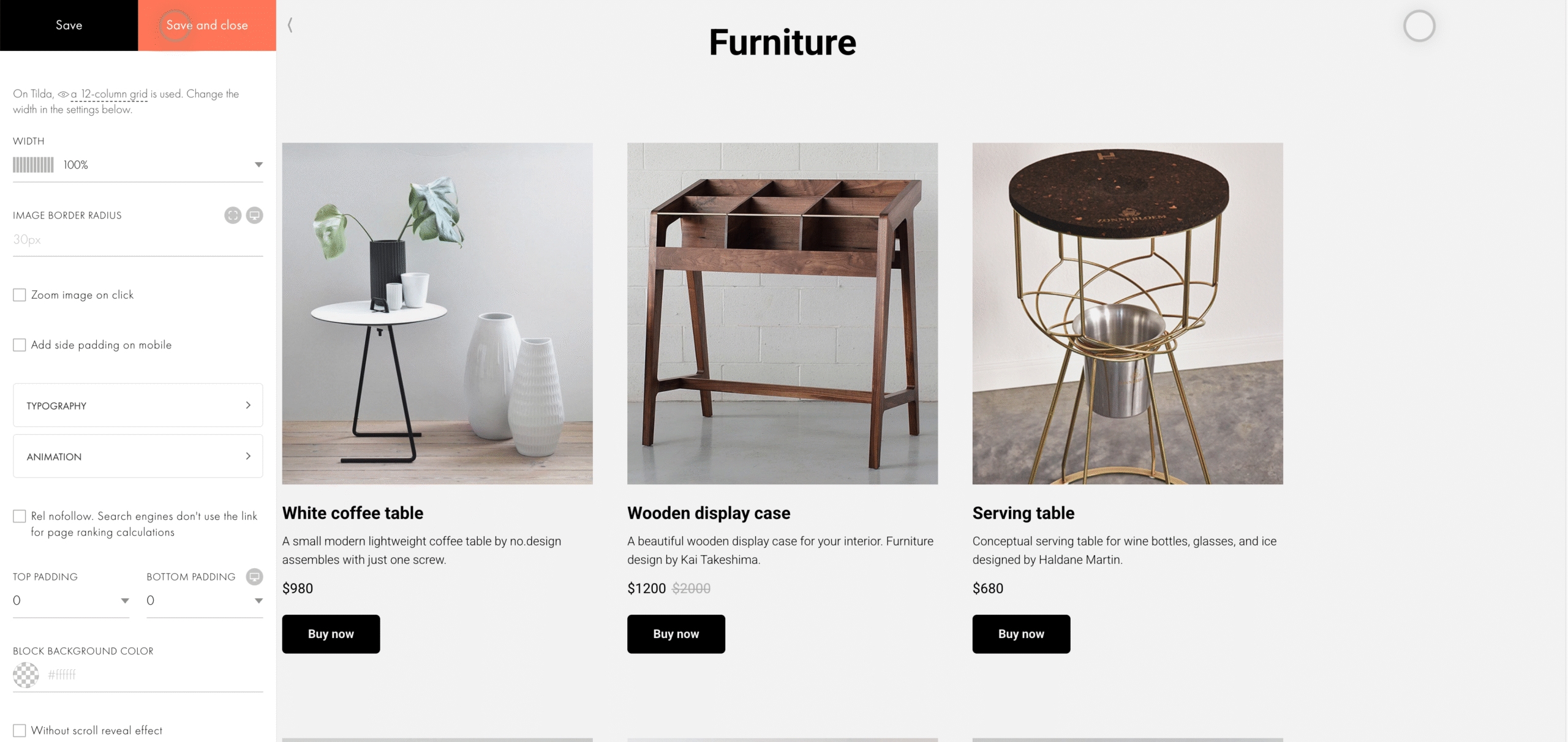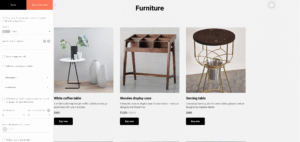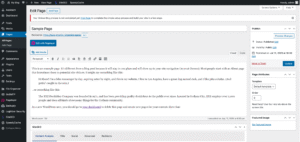
Tilda or WordPress – which is better?
Almost immediately after the spread of the Internet, solutions began to appear that facilitated website development. Their development went in two directions:
Development of CMS (content management systems: WordPress, Joomla, Shopify, 1C Bitrix)
Development of designers (narod.ru, Wix, Tilda)
The first solutions are united by the fact that some qualification is still needed to develop a website. The second ones are intended for use by people who need to make one simple website for their company and never come back to it again.
In this article, we compared the most popular solutions from both approaches: WordPress and Tilda.
| Criteria | Tilda | WordPress |
|---|---|---|
| Ease of use | Very simple visual editor, does not require programming skills. Suitable for beginners. | Does not require coding knowledge for basic tasks, but for advanced functions you need web development skills. |
| Flexibility and scalability | Limited flexibility, difficult to implement non-standard functions and integrations. | High flexibility, open source, many plugins and themes. |
| Free features | The free plan is very limited: 1 site, 50 pages, you can’t connect your own domain, there is advertising. | The engine itself is free, many free themes and plugins, only hosting and domain are paid. |
| SEO and promotion | Basic SEO capabilities, but fewer tools than WordPress. | Advanced SEO capabilities thanks to plugins and settings. |
| Support and community | Official support, training materials, but no large community. | Huge community, many forums and instructions, plugin support. |
| Integrations | Many ready-made integrations with CRM, e-mail, payment systems. | Integrations via plugins, virtually unlimited possibilities. |
| Hosting | Hosting included, does not require separate configuration. | Separate hosting is required, but you can choose any. |
| Security | Protection on the platform side, but little control. | Requires self-configuration of security, often becomes a target of attacks. |
| Scalability | Not suitable for large, complex projects. | Suitable for projects of any scale, if configured correctly. |
| Price | Paid plans for full-fledged work, the free version is very limited. | The engine is free, costs only for hosting and domain, paid plugins are optional. |
Advantages of Tilda
 Ease and speed of launch: You can quickly put together a beautiful website without a developer.
Ease and speed of launch: You can quickly put together a beautiful website without a developer.- Visual editor: Large selection of templates, animations, Zero Block for individual design.
- Automatic adaptability: Websites are displayed correctly on all devices.
- Integrations: Easy connection of services (CRM, mailings, payments).
- Built-in hosting: No need to search for and configure hosting.
Tilda disadvantages
- Limited flexibility: Difficult to implement unique functions and integrations, limited access to the code.
- Free plan limitations: Few pages, you can’t connect a domain, there is advertising.
- Scalability: Not suitable for large and complex projects.
- SEO and Blog: Less SEO and blogging tools, no built-in comments.
The most critical drawback of Tilda is that the site does not belong to you. This is directly stated in the license agreement. A site developed on WordPress can be copied and moved to any hosting in any country in the world. Tilda completely owns your site. They can find violations, and while you are sorting it out, the site will not work. They can stop opening from a certain country or region. You don’t decide where the site is located and what will happen to it.
Advantages of WordPress
 Flexibility: Suitable for any site – from blogs to online stores.
Flexibility: Suitable for any site – from blogs to online stores.- Lots of plugins and themes: You can add almost any function.
- SEO: Wide opportunities for site optimization.
- Large community: Easy to find help, instructions and solutions.
- Free: The engine itself is free, many free extensions.
Disadvantages of WordPress
- Need for self-configuration: You need to choose and configure hosting, monitor updates and security.
- Vulnerability: Often becomes a target for attacks, requires regular maintenance and backups.
- Difficulty for beginners: For complex tasks, programming skills are required, a large selection of plugins can be confusing.
- Speed: With a large number of plugins, low loading speed is possible, optimization is required.
Brief conclusions
Tilda is an excellent choice for landing pages, business cards and small corporate sites if launch speed and simplicity are important. An ideal tool for a start-up business when there is free time for independent development, but no budget for a developer.
WordPress is a universal solution for projects of any scale, if you are ready to independently configure, secure and develop the site. The ideal tool if you are ready to entrust the development of the site to professionals, so that you can focus on business development yourself.